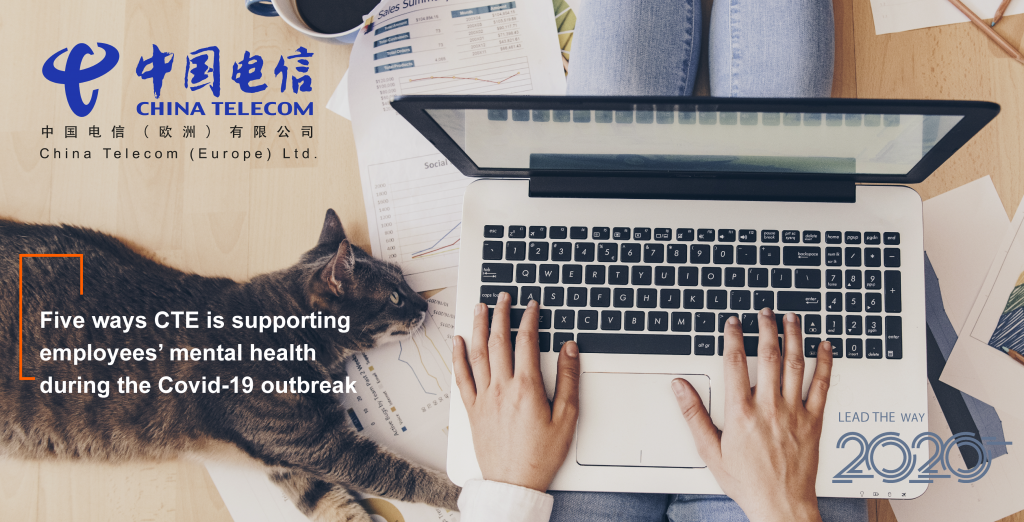
Five ways CTE is supporting employees’ mental health during the Covid-19 outbreak
Updated 06 April 2020
Almost everyone in Europe, and around one billion people worldwide, has been told to maintain social distance and stay at home (Source 1). There has never been such widespread disruption to the way we live, and the outcomes are uncertain. Many companies, including China Telecom (Europe) Ltd., (CTE), have adopted working from home for all staff for the foreseeable future. This widespread isolation from colleagues, friends and even family is likely to come at a cost to mental health.
As Franz Kolland, from the Institute of Sociology at the University of Vienna, says, “If we learn for months now not to shake hands with others, not to stand too close to one another, this definitely has an impact that I would not underestimate” (Source 2).
1 in 6 working adults already report experiencing mental health issues (Source 3). Now the introduction of policies that restrict movement and social contact are increasing stress levels. Not only are people unable to take part in their usual work routines and other activities that give their life meaning, they’re missing out on sensory experiences and social gatherings. Those who feel stressed or anxious can no longer make use of their “typical coping strategies, such as going to the gym or attending religious services” (Source 4). Studies show that a lack of social interaction increases the likelihood of developing depression, anxiety and stress (Source 5).
We recognised this early on at CTE. So while our employees are working from home, we’re working to keep them both physically and mentally healthy. We’re determined that distancing our employees should not damage their mental health.
Here are five ways that China Telecom (Europe) Ltd is supporting the mental health of our people while they follow social distancing guidelines:
1. Stay Home – Stay Safe
Right from the start, we worked to help our people prepare to work from home. Early on, when the epidemic was affecting limited parts of the world, we focussed on supporting staff travelling for business, commuting to work and in quarantine periods. We hoped for the best, and prepared for the worst. So we made sure they had tools such as cloud conferencing, storage, and video meetings in place on their work computers and mobiles.
As the pandemic spread and became centred in Europe, we took the advice of the local governments where our people work and moved all of our staff across the whole region to working from home. We wanted everyone to #stayhome and #staysafe.
That meant making sure everyone in all our teams had the right tech and capabilities to do their job from home. Our operations team worked hard to get everyone what they needed to stay safe, with the right technology and complete information to help them decide how to protect themselves and those they live with. Keeping people mentally healthy meant, first and foremost, keeping them physically safe. By having a work from home policy, we helped to reduce the worry and anxiety that comes from the unpredictability of our current situation.
2. Daily meetings
Without the daily routine of office life – from water cooler conversations and chats at lunch meetings to simply being able to go to someone’s desk and ask them a question – we have had to create a new normal.
Today, every departments holds a daily online meeting. This maintains continuity for our business, and keeps teams connected and updated. These meetings give our people a chance to check-in on each other, wherever they are in Europe. In fact, it’s made communicating easier for teams who are spread over a local metropolitan area, and even more so for those spread across country borders.
3. Check-ups from managers
Good leadership has also been critical for the mental health of our people during this pandemic. Our line managers are checking in on everyone in their team every day to ask about their health and find out if they are struggling with anything. Keeping these lines of communication open and consistent gives employees peace of mind that there is someone for them to talk to and help if it’s needed. These daily check-ins are a proactive measure to address problems early rather than letting people suffer alone.
4. Identifying those most vulnerable
Understanding who are the most vulnerable people in our business has been key to protecting the mental health of everyone within the company. We surveyed all staff to help us identify the people who are living alone, and put measures in place to support them.
We realise that keeping everyone’s workplace social environment intact, even when remote working, is vitally important, and we’ve paid extra attention to those who live alone.
5. Finding different ways to engage and help
Last, but not least, we’re looking for new ways to engage with and help each other. Our Employee Assistance Program is available by email now, and we’re offering a self-help app to combat stress, anxiety and depression.
Often, our work environments can play a pivotal role in our social lives. We didn’t want to take that away from our employees now they’re working remotely. Each department and team has found different ways, unique to them, to keep work fun and social.
For example, our marketing team has themed dress-up meetings on Fridays as a way to keep spirits up. The team are remaining creative as they find ways to meet the theme chosen by one of their colleagues.
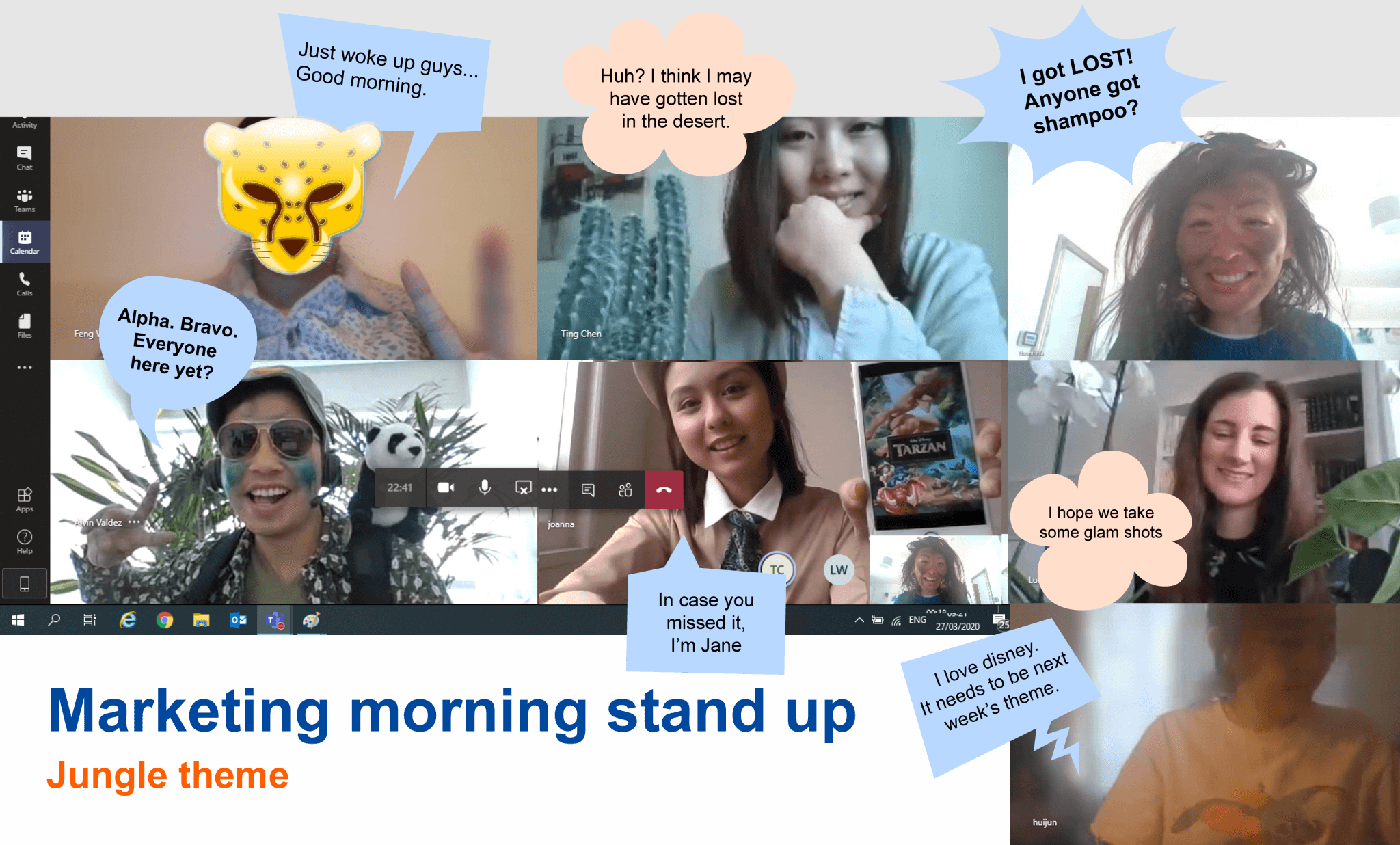
The MNC team also joined this activity to enhance team spirit.
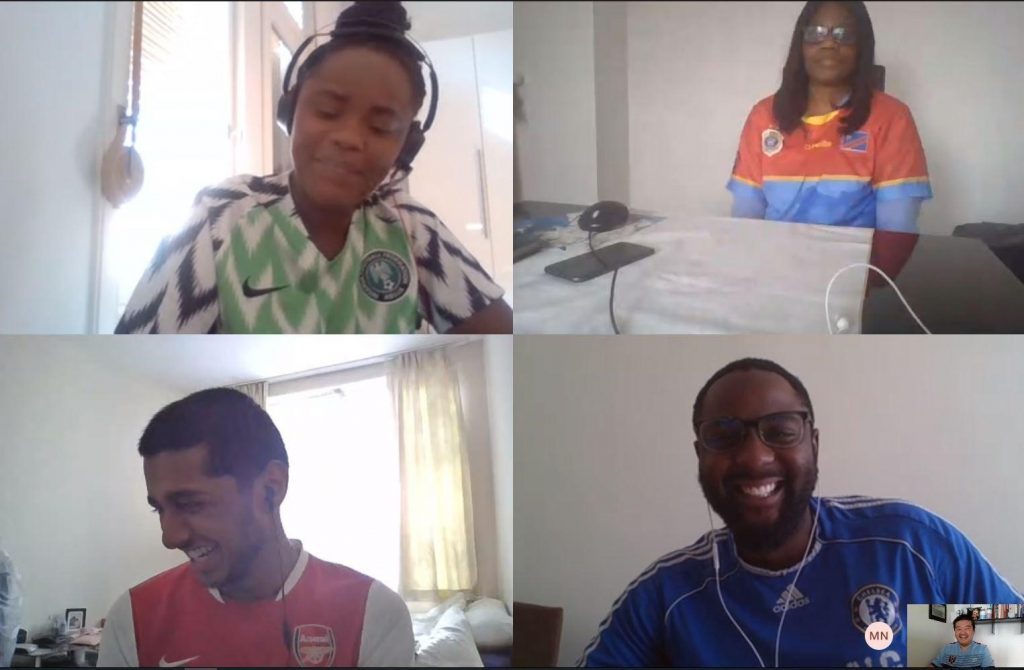
MNC Team Football Themed Meeting
Our mobile business team are joining online group exercise sessions, connecting with each other while staying healthy.
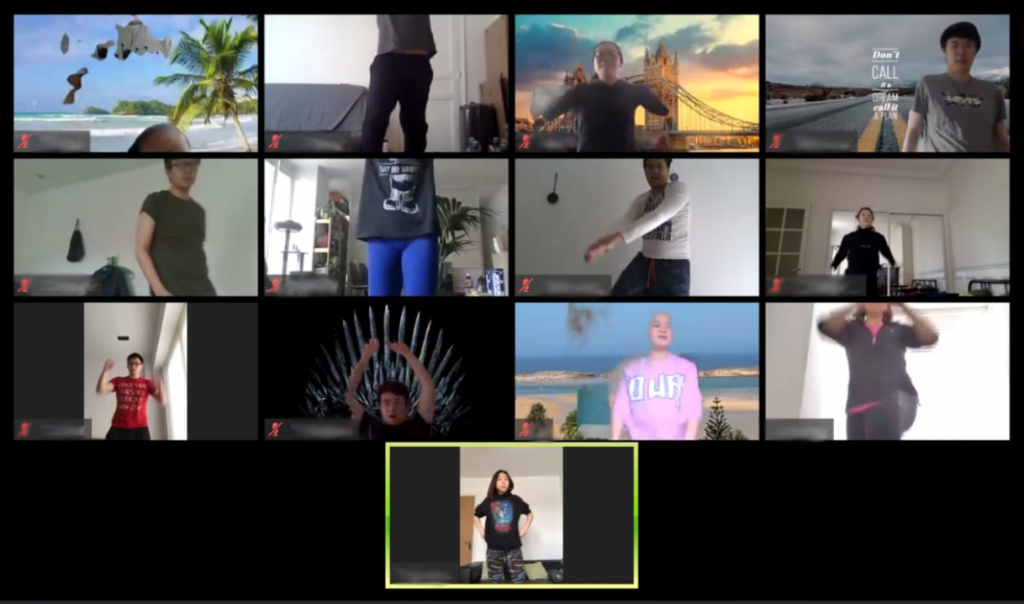
Mobile Team Online HIIT Session
We realise each area of the business is different so we are giving teams the space to find their own solution to keep everyone mentally healthy. Meanwhile the business is showing all employees that they are taken care of and, we hope, giving them a feeling of certainty and security in this challenging period.
One last thing: combat fake news
We’ve noticed an increase in the spread of inaccurate news stories as people distance themselves. It seems that, perhaps without colleagues to discuss stories and rumours, more people are sharing what they believe to be truthful content. We have found a number of ways to talk about this issue, and others, that reduce the stress, anxiety, depression and loneliness of our new environment.
What is your business doing?
Not all companies are alike. These are just a few of the ways we have addressed mental health in our business. It’s not exhaustive and there will be challenges ahead that we will continue to overcome.
The best solution we have found is to keep lines of communication open and social connections intact while encouraging our people to stay home and stay safe.
Reference list:
- https://www.heise.de/tp/features/Soziale-Folgen-des-Social-Distancing-4687769.html
- https://medienportal.univie.ac.at/
- https://mhfaengland.org/mhfa-centre/research-and-evaluation/mental-health-statistics/
- https://www.apa.org/practice/programs/dmhi/research-information/social-distancing
- https://www.ncbi.nlm.nih.gov/pmc/articles/PMC4225959/
——————————————-
About China Telecom (Europe) Ltd.:
China Telecom (Europe) Ltd. (CTE) provides integrated telecoms and communications services as local solutions for Chinese companies and global solutions for multinational corporations. CTE’s unrivalled knowledge of the Chinese market, and regional offices across Europe, make CTE an ideal partner for European and Asian businesses looking to work in China and Asia.




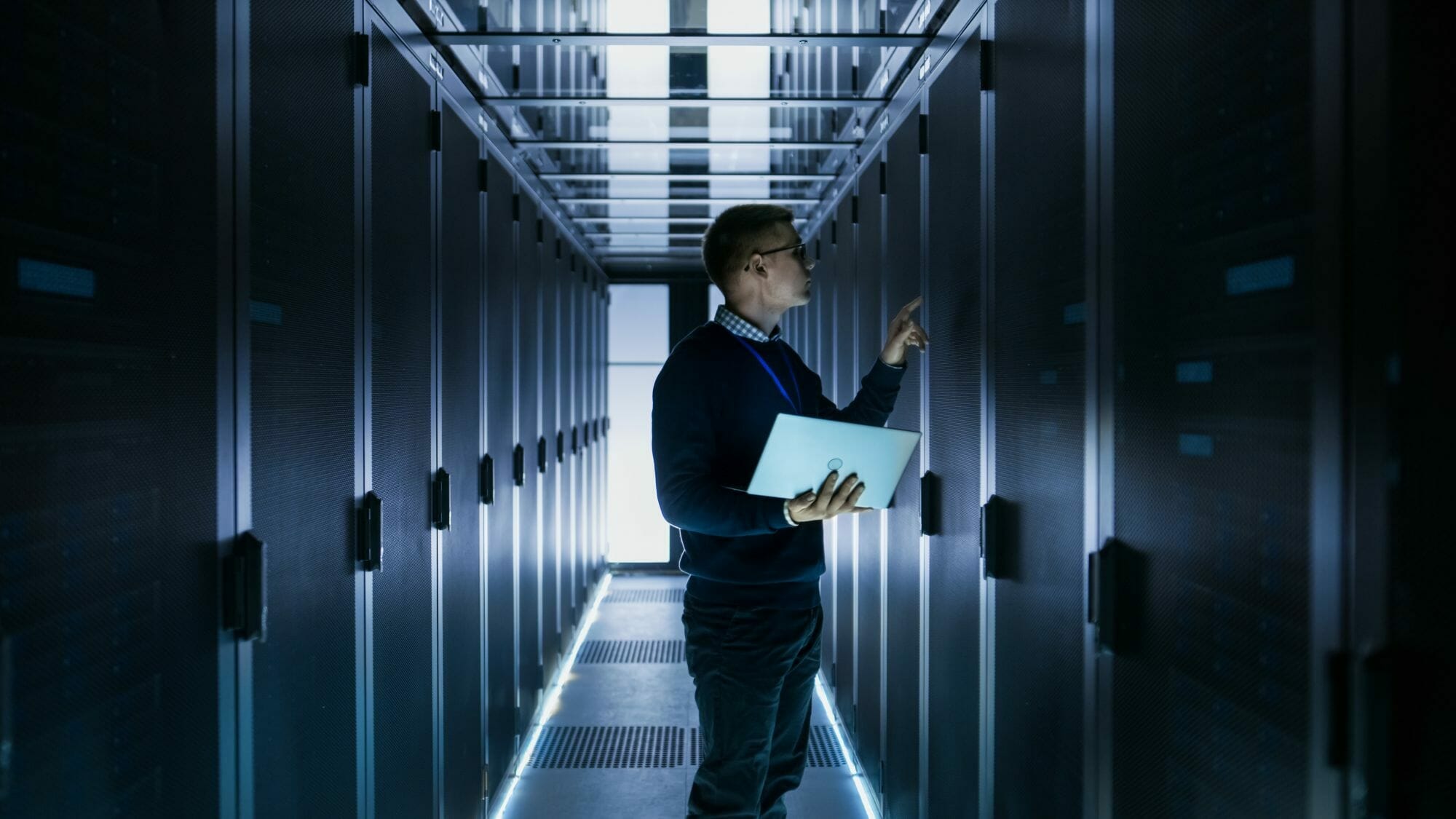
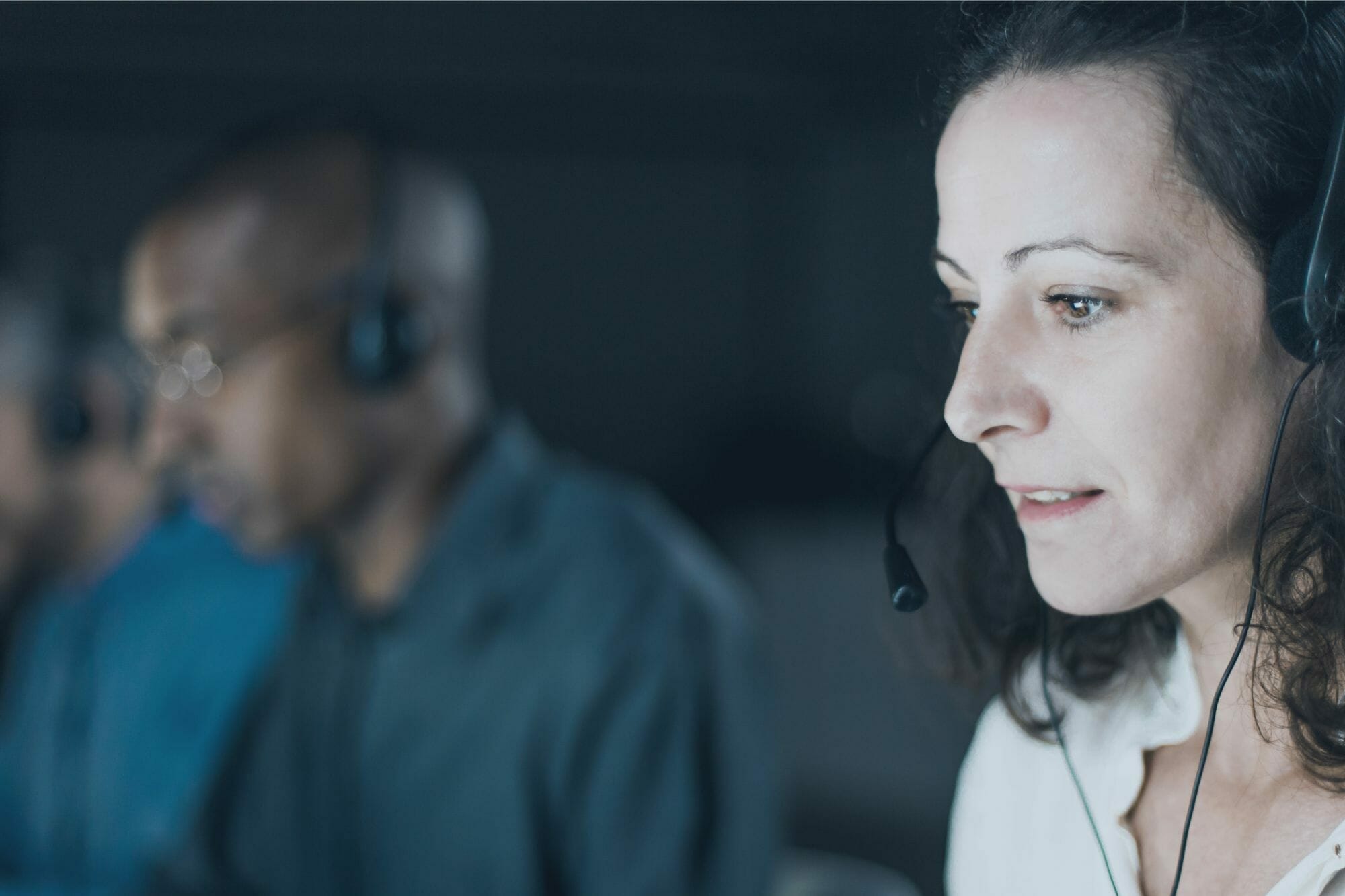
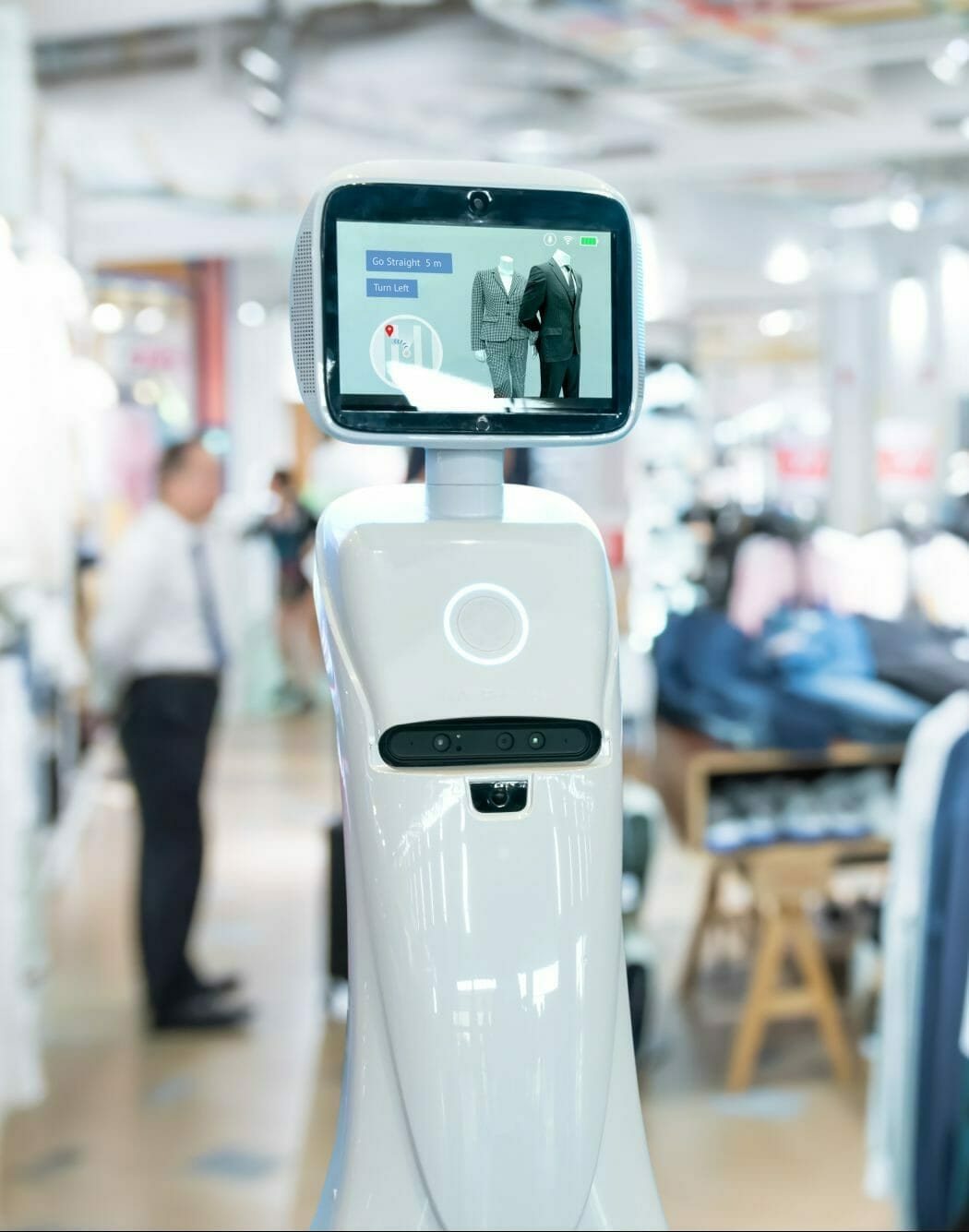


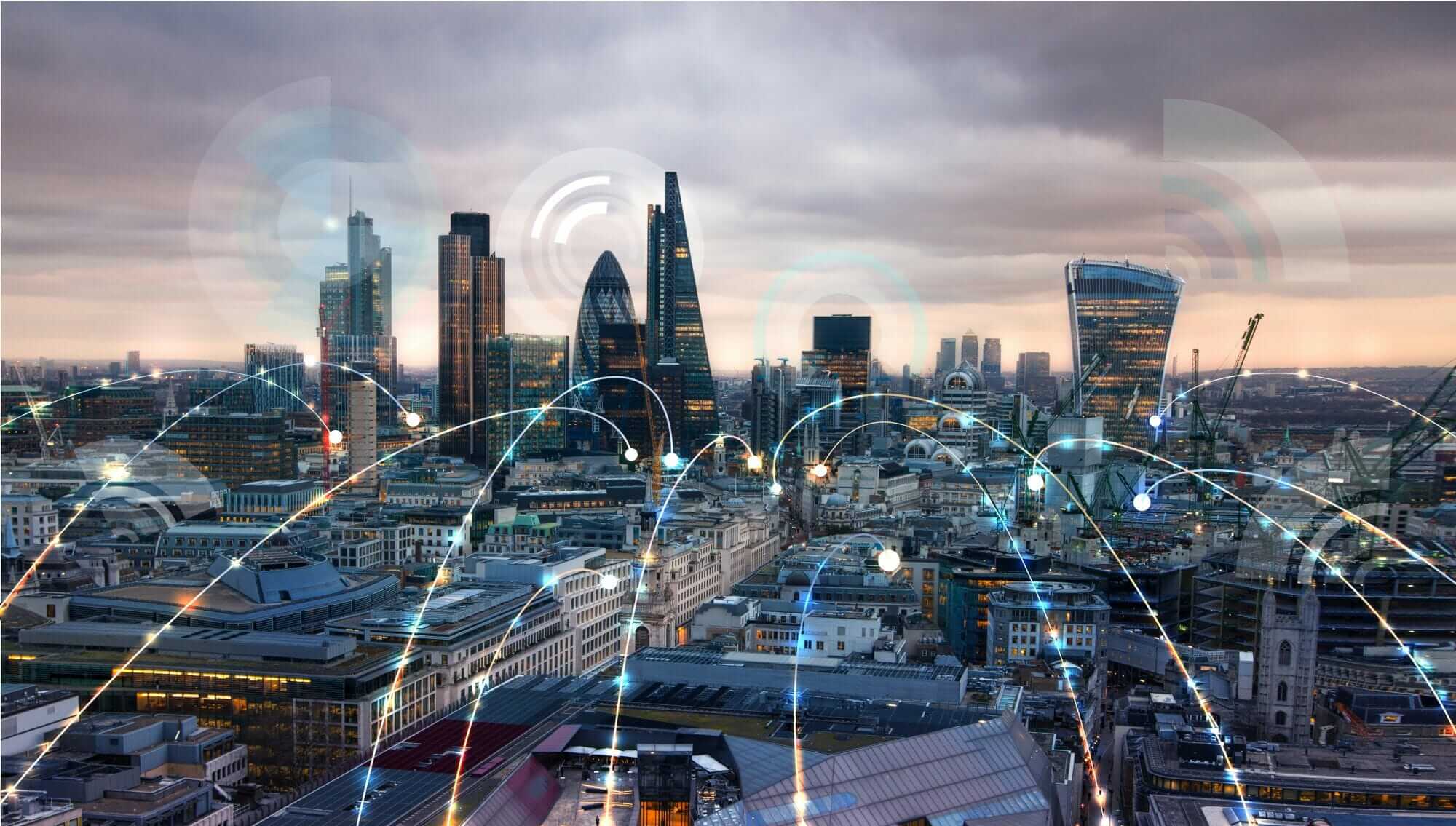
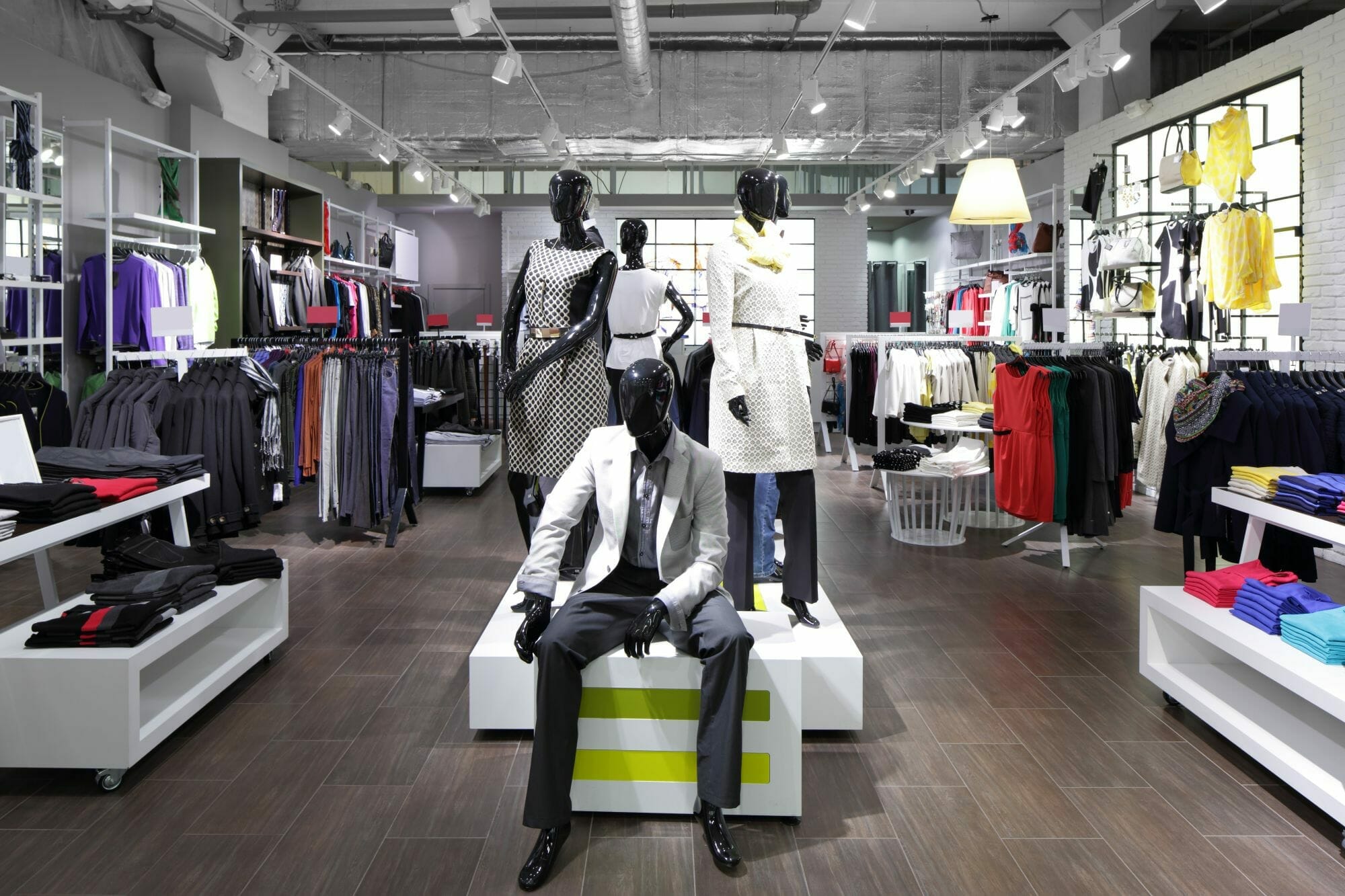
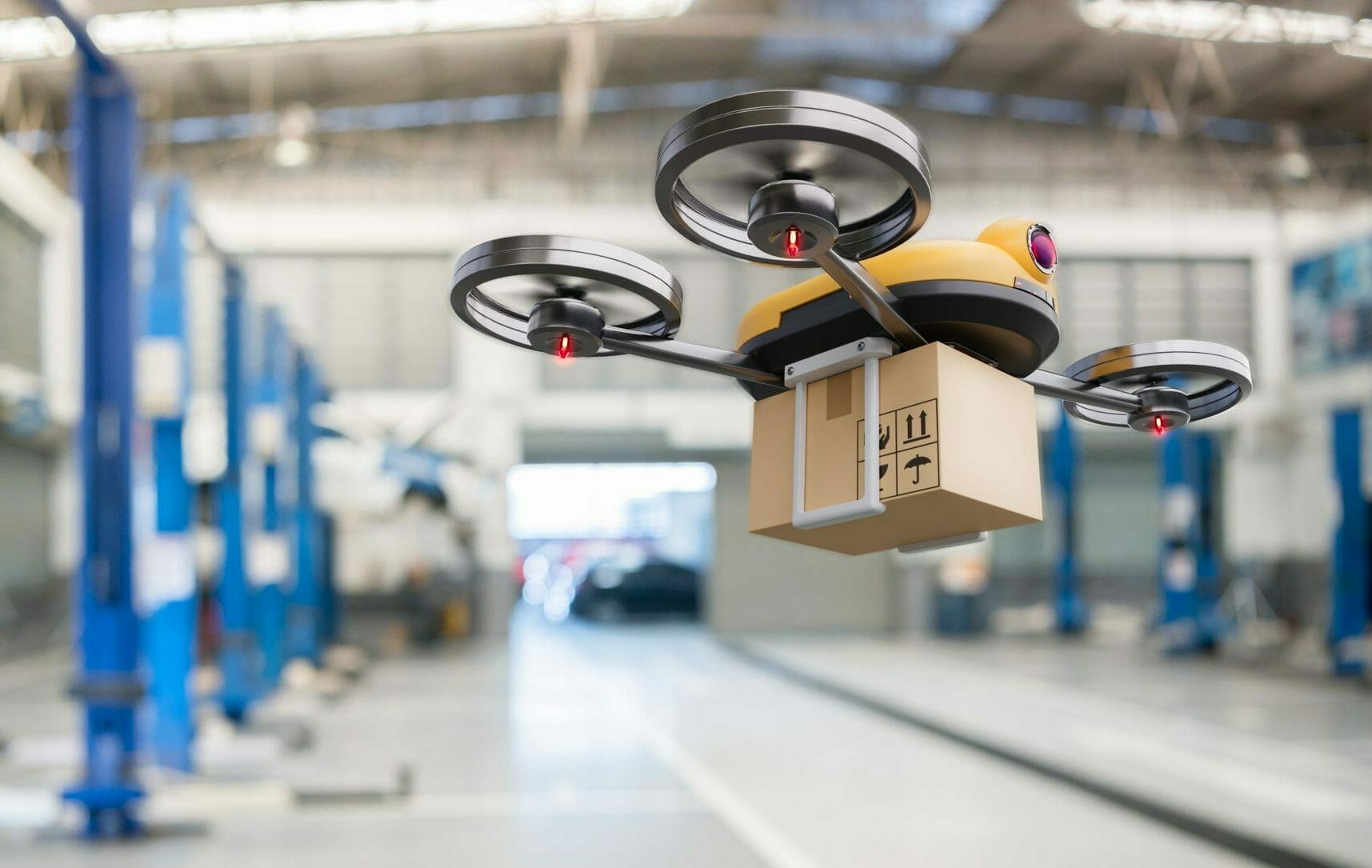


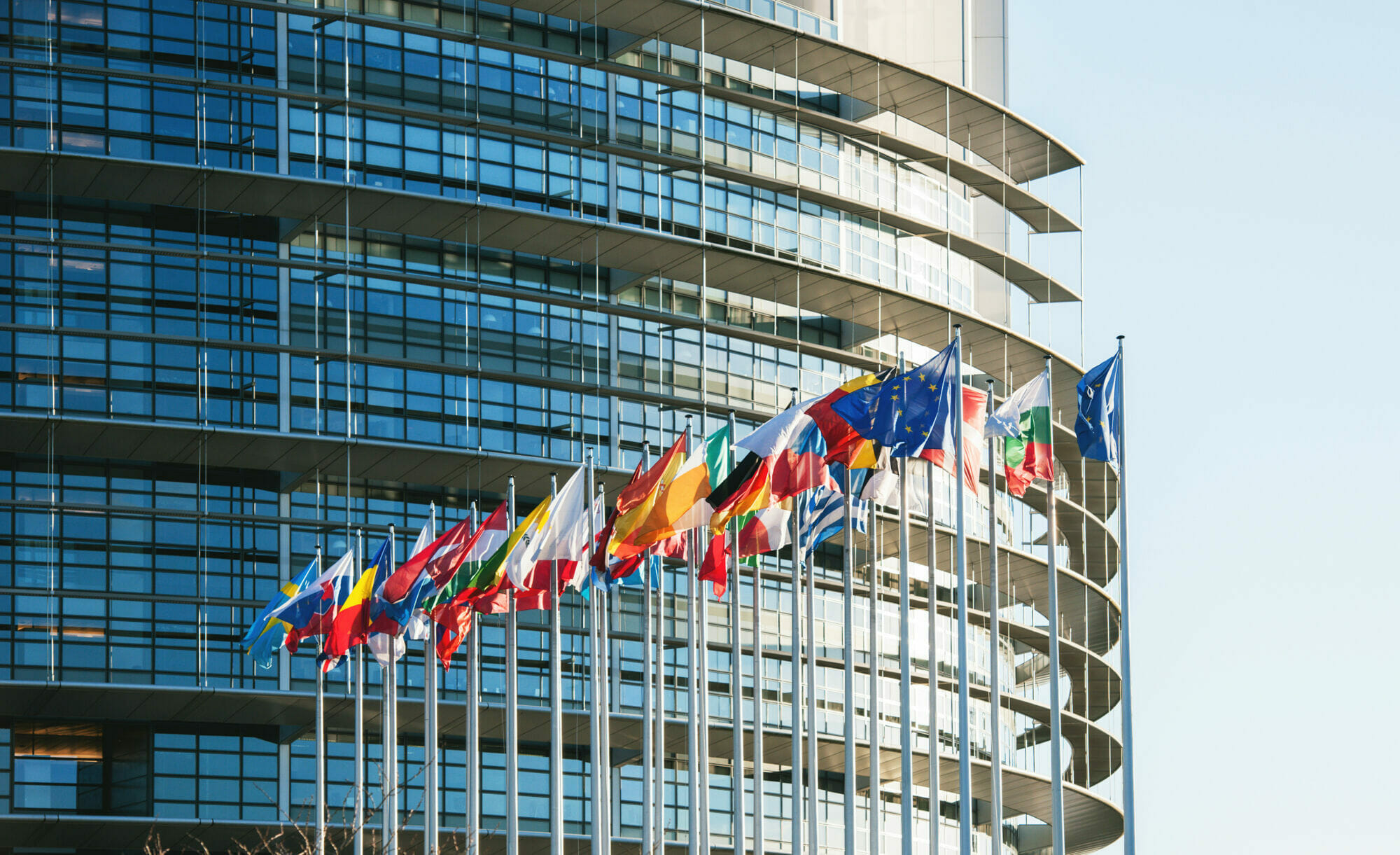
 Return to Blogs & Related News
Return to Blogs & Related News

